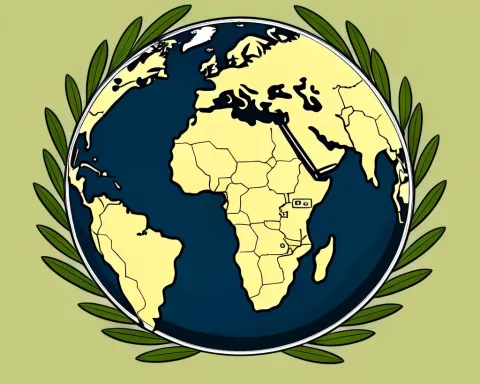President Ramaphosa’s Address
President Cyril Ramaphosa emphasized the importance of recognizing the humanity of people who communicate through sign language during the signing ceremony of the South African Sign Language Bill. Official recognition is expected to lead to a wider range of opportunities, greater access to services, and public information, and promote access to education and economic and social opportunities.
Comprehensive Public Consultation
The signing of the bill followed a comprehensive public consultation process that considered numerous submissions to ensure thorough discussion of all pertinent issues. Parliament approved the Constitution Eighteenth Amendment Bill, amending Section 6 (1) of the Constitution of the Republic of South Africa on May 2, 2023.
Constitutional Mandate
The South African Constitution emphasizes the state’s responsibility to elevate indigenous languages’ status and promote their use and mandates the equitable treatment of all official languages. The recognition of sign language reflects the Constitution’s provisions forbidding discrimination based on disability, culture, race, and gender.
Empowerment of the Community
Official recognition of sign language is expected to empower the deaf and hard-of-hearing community. However, much work remains to support the language, including standardizing it to consolidate various dialects into one official version under the Pan South African Language Board’s purview.
Institutionalizing Sign Language
Efforts to institutionalize sign language predate the signing ceremony. The Department of Basic Education supports deaf learners through teaching and learning programs, and schools continuously train educators in sign language. The number of specialized schools for the deaf must be increased across the country, along with the recruitment of qualified personnel to accommodate the growing demand.
Sign Language Interpreters
Sign language interpreters are crucial for ensuring access to services for those with hearing impairments. For years, the lack of interpreters at courts, police stations, hospitals, clinics, and other service centers has hindered access to justice for numerous victims, including those affected by gender-based violence and other crimes.
The South African government’s recognition of sign language as an official language is a historic moment for the deaf and hard-of-hearing. The government must develop policies with comprehensive implementation plans to achieve the constitutional ideal of multilingualism and embrace deaf individuals in courts, schools, and universities.












